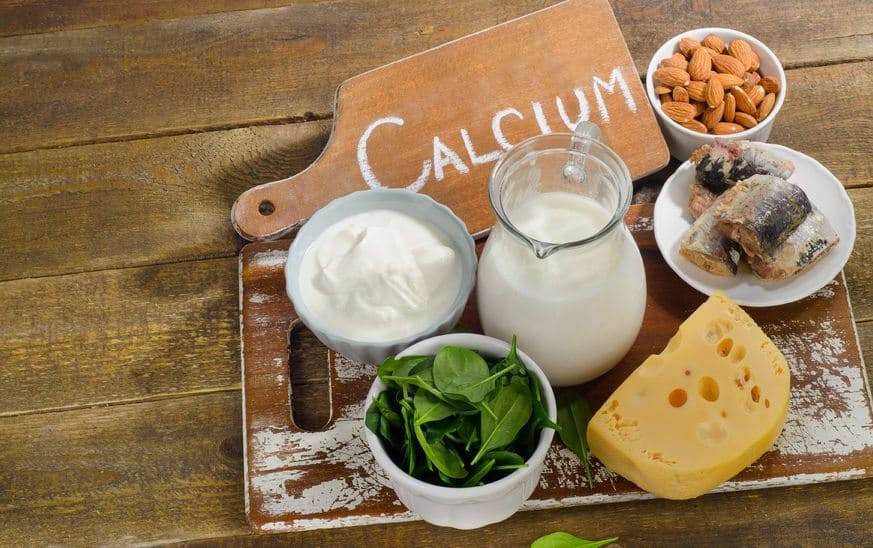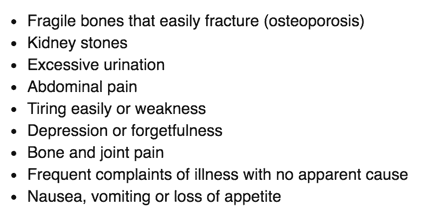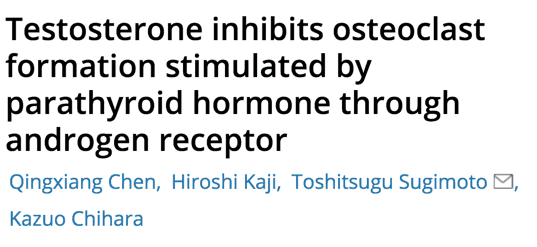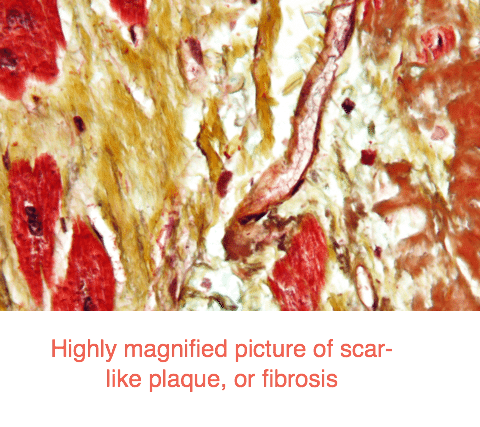
[cmamad id=”3469″ align=”center” tabid=”display-desktop” mobid=”display-desktop” stg=””]
There are a lot of effects of low calcium.
And they’re especially important as we get older.
One of those effects is high estrogen.
Here’s a study that shows how low calcium levels can cause high estrogen levels.
In this study, researchers set up two groups of rats.
 One group of rats were fed a calcium reduced diet, the other group received a normal diet.
One group of rats were fed a calcium reduced diet, the other group received a normal diet.
The mean estradiol level of rats fed the low calcium diet was significantly increased to 4.3 times that in the regular diet group
Then they gave the low calcium rats, the ones with high estrogen, vitamin K2.
The vitamin K2 quickly lowered the estrogen levels of the low calcium rats so that they were completely normal.
It is quite possible that low calcium levels consistently elevated the level of parathyroid hormone in the low calcium rats.
Parathyroid hormone regulates calcium and phosphorus in the body.
It’s possible that not getting enough calcium leaves too much parathyroid hormone unused.
This parathyroid hormone then accumulates and causes issues.
High amounts of parathyroid hormone are extremely harmful to the body.
They can cause these symptoms:
 Other studies have shown that parathyroid hormone can increase the fibrosis.
Other studies have shown that parathyroid hormone can increase the fibrosis.
This is the cross-linking of proteins in the body.
Such cross-linking is found in the brain of Alzheimer’s and dementia patients.
And it’s also found in cases of penile fibrosis in men.
So getting enough calcium could help to prevent Alzheimer’s, dementia, and penile fibrosis.
[cmamad id=”3470″ align=”center” tabid=”display-desktop” mobid=”display-desktop” stg=””]
There is also ample evidence that increasing vitamin D3, vitamin K2, and calcium can greatly improve bone mass.
And this study shows that the combination may lower estrogen levels.
One of the theories of penile fibrosis is that some hormones and chemicals remove scar tissue forming cells.
The lack of these cells results in runaway cases of fibrosis including penile fibrosis and perhaps Alzheimer’s.
Testosterone may reverse the damage of this fibrosis.
 Parathyroid hormone creates more bone building cells.
Parathyroid hormone creates more bone building cells.
It also creates more fibrosis-building cells.
When this process is in runaway mode, the result is piling on of new cells.
This is what we see in cases of penile fibrosis and Alzheimer’s.
Testosterone, Vitamin K2, and Vitamin D3, along with sufficient dietary calcium may lower the formation of this scar-like tissue.
This may encourage healthy formation and replacement of bone.
And now we know that low calcium sets us up for low testosterone.
It potentially leads to the formation of scar-like plaque deposits in the penis.
And it may contribute to those plaque deposits forming in the arteries and the brain.
 So, what should you do now?
So, what should you do now?
First, make sure you get plenty of calcium.
You may also want to consider taking supplemental vitamin D3 and vitamin K2.
Talk to your doctor first.

http://www.ncbi.nlm.nih.gov/pubmed/12370839
http://www.mayoclinic.org/diseases-conditions/hyperparathyroidism/basics/symptoms/con-20022086
Testosterone inhibits osteoclast formation stimulated by parathyroid hormone through androgen receptor
http://onlinelibrary.wiley.com/doi/10.1016/S0014-5793(01)02160-3/full
